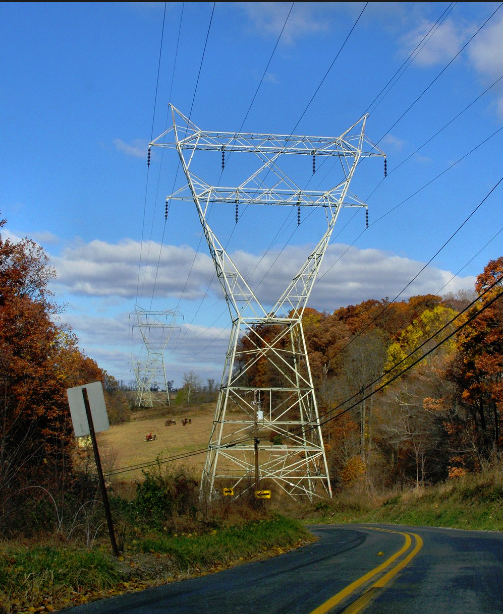On September 17, 2020, Vanessa Bryant, the widow of Kobe Bryant, filed a lawsuit in federal district court in California against Los Angeles County and the Los Angeles County Sheriff, alleging multiple causes of action including invasion of privacy, negligence, and intentional infliction of emotional distress. The lawsuit arises out of circumstances surrounding the helicopter crash that killed Kobe and their daughter, Gianna. Specifically, Vanessa’s claims relate to the actions of multiple deputies, who captured and distributed graphic photos from the crash scene of the deceased victims. “[O]ne deputy took between 25 and 100 photos on his personal cell phone—including some focused solely on the victims’ remains.” Sheriff Alex Villanueva previously refused to release the names of the deputies, but U.S. District Court Judge John F. Walter recently ruled those names—Deputies Joey Cruz, Rafael Mejia, Michael Russell and Raul Versales—could be made public. Vanessa quickly took advantage of this ruling, posting the names on her personal Instagram account.
California recognizes a cause of action for invasion of privacy where, as in Vanessa’s case, someone has publicly disclosed private facts about the plaintiff. In fact, the California Court of Appeals has recognized such a claim in a case involving very similar facts, in which photos of the victim of a gruesome accident were obtained and disbursed—unrelated to the accident investigation—by responding officers. However, North Carolina is one of only a few states that has declined to recognize an invasion of privacy claim based on public disclosure of private facts. Rather, North Carolina only recognizes a cause of action for invasion of privacy for “intrusion upon seclusion” and “appropriation of one’s name or likeness.” The North Carolina Supreme Court has reasoned that an invasion of privacy claim based on public disclosure of private facts would overlap with other torts, such as intentional infliction of emotional distress, and would clash with one’s constitutional freedoms of speech and press.
Until North Carolina chooses to join the majority and allow invasion of privacy claims based on public disclosure of private facts, North Carolinians dealing with an issue similar to Vanessa’s will have to get creative when pursuing legal action. As the North Carolina Supreme Court hinted in its opinion declining to recognize the claim, a plaintiff could claim intentional infliction of emotional distress (IIED). This claim would require the plaintiff to prove three elements: (1) extreme and outrageous conduct; (2) that is intended to and does cause; (3) severe emotional distress to the plaintiff. If overt intent to cause the plaintiff harm is an issue, as the defendants will likely argue in Vanessa’s case, a plaintiff could, in the alternative, assert a claim for negligent infliction of emotional distress (NIED). That claim would also require the plaintiff to prove three elements: (1) the defendant was negligent; (2) it was reasonably foreseeable that the defendant’s negligent conduct would cause the plaintiff severe emotional distress; and (3) the defendant’s negligent conduct did in fact cause the plaintiff severe emotional distress.
If a plaintiff brings a successful IIED or NIED claim, he or she could recover “special damages”—e.g., medical costs associated with necessary treatment resulting from the emotional trauma caused by the defendant’s acts—and “general damages”—e.g., pain and suffering. If you believe you have been the victim of invasion of privacy, please call us at (704) 457-1010 to discuss what claims you may have in North Carolina. For more information regarding our firm, attorneys, and practice areas, please visit our website at www.lindleylawoffice.com.




